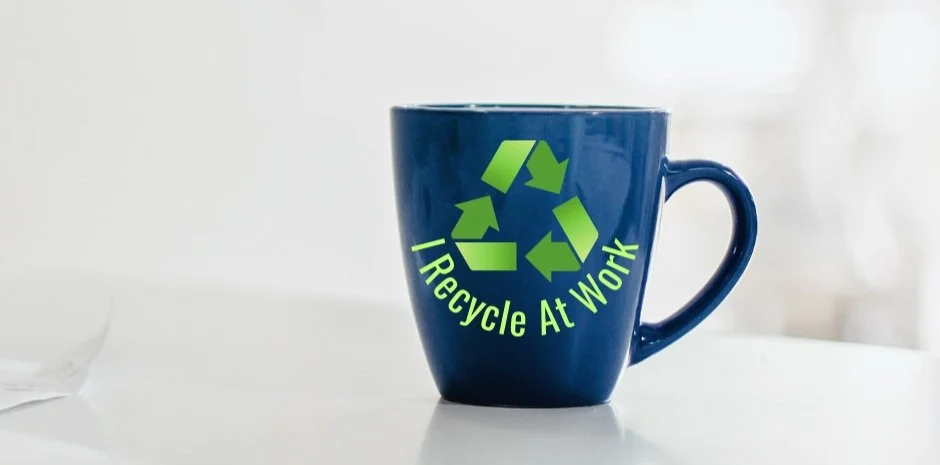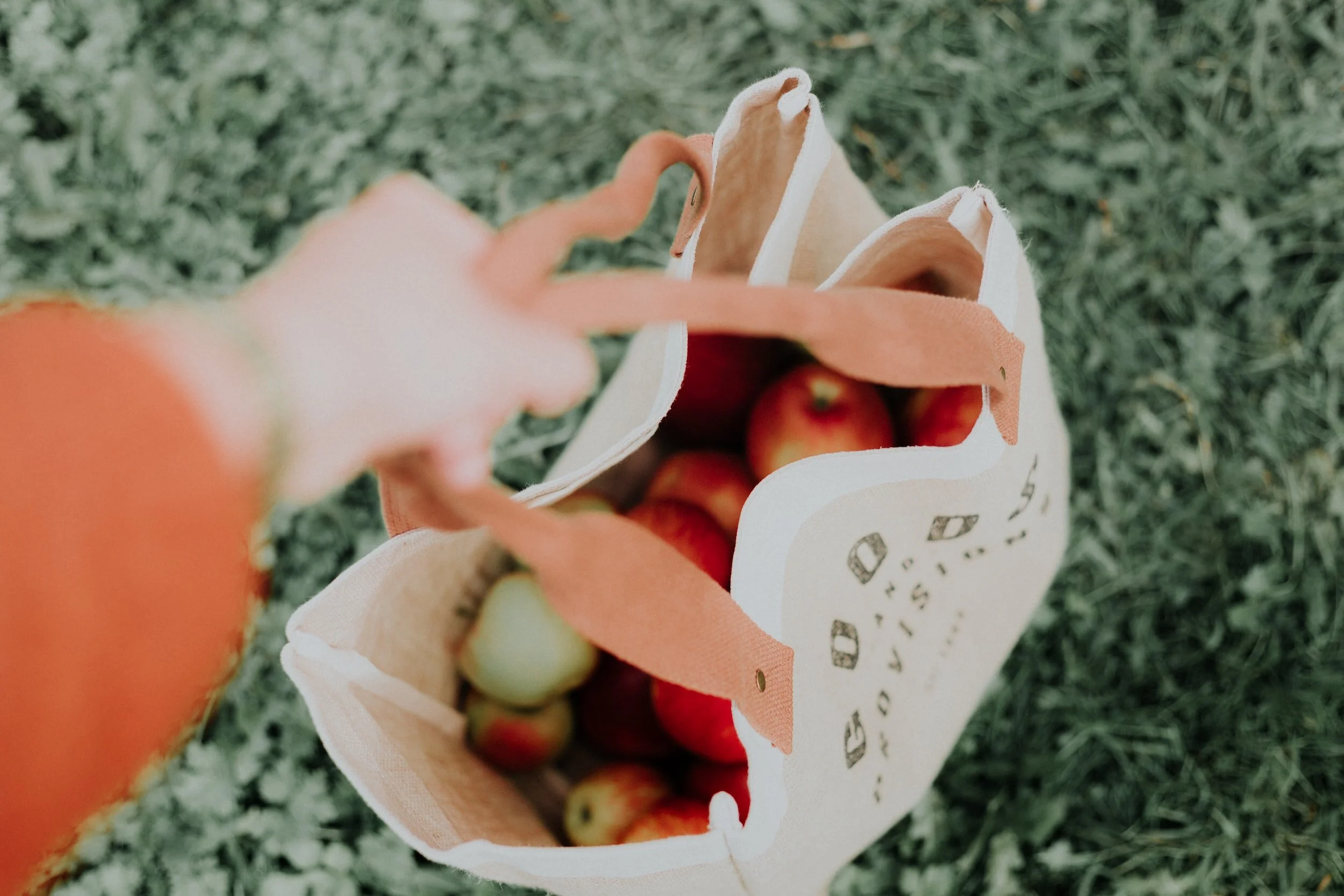Green Tips
Green Home
Leave cut grass clippings in your lawn - saving space in the landfill. Also, placing mulch around trees, bushes, and plantings can substantially reduce water evaporation saving water and money.
Cut down on the junk mail! Visit Catalog Choice, a free service that allows you to decline paper catalogs you no longer wish to receive.
Change your furnace filters regularly.
Use low-flow water faucets.
If you are building or remodeling, research and select the most energy-efficient appliances and consider building with recycled material. Ask your contractor if he or she is a National Association of Home Builders Certified Green Professional™ or member of a similar certification program. The Certified Green Professional™ designation recognizes builders, remodelers, and other industry professionals who incorporate green building principles into homes without driving up the cost of construction.
When replacing light bulbs, consider switching to LED replacement bulbs. LED light bulbs can last for 60,000 hours. If you buy a LED light bulb today and leave it on for 8 hours a day every day, you may not have to change that bulb for 20 years. Many incandescent bulbs have a life expectancy of only 1,000 hours. Led light bulbs are highly efficient and consume little electricity. A 7-watt LED home light bulb costs approximately $2 per year to run if left on for 8 hours a day. An equivalent incandescent bulb costs approximately $20 per year to burn and would probably have to be replaced 2 or 3 times each year. While an LED bulb costs more to purchase, it more than pays for itself through reduced operating and replacement costs. LED light bulbs are shatterproof, run cool to the touch, and contain no mercury or hazardous substances found in compact fluorescent light bulbs. (If you use CFL bulbs, remember to take your old CFL bulbs to Home Depot or Lowe's for recycling and disposal.)
Water lawns in early morning or early evenings, when temperatures and winds are lowest, to help reduce evaporation.
Save time, paper and postage by paying your bills online.
When buying items that you use daily or in large quantities, consider buying them in bulk. Not only will you save money, but you will save on packaging. (Packaging is the majority of what is in our landfills!) Consider splitting bulk purchases with neighbors or friends to get the savings, but not the full quantity of the purchase.
Wrap your water heater in an insulated jacket - it can save 1,100 pounds of carbon dioxide (CO2) per year for an electric water heater or 220 pounds for a gas heater.
Wash clothes in cold water whenever possible and don't run the washer (or the dishwasher) until you have a full load.
Sell or donate goods you no longer want - there are several thrift stores that benefit non-profits in Gloucester that will gladly accept donations.Close the blinds or shades when your air conditioner is running - especially in the room where the thermostat is located. Closed blinds helps cut down on heat in your home.
Buy recycled items! You can purchase everything recycled these days from table ware to t-shirts. Look for and purchase recycled products whenever possible.
Green Workplace
Use ceramic mugs or glasses instead of disposable cups.
If you must print something, make two-sided copies whenever possible. Instead of printing a document to give to someone else, email the file. If you are working with a paper document, scan the document and send it by email.
Print something that’s not quite right? Use the reverse side for scrap paper instead of tossing it in the garbage.
Remember to turn off your computer (if it's cool with your IT department) whenever you go home for the night. Computers waste $1 billion worth of electricity every year.
Turn off the lights in any room that is not in use.
Encourage recycling of beverage containers and paper at your workplace.
Take a look at other Green Business Tips at the following sites:
https://www.business.com/articles/small-business-energy-conservation/
https://looka.com/blog/make-your-small-business-sustainable/
Take the Gloucester Green Office Challenge to find out how "green" your office can be!
Gloucester Green Office Instructions, Checklist, and Pledge (PDF)
Gloucester Green Office Challenge recipients:
Green Shopping
Will that be paper or plastic?
Neither! Carry a reusable bag with you to carry those purchases home.
Buy local goods when possible. When shopping at the farmers market, you’re not only will you be supporting local businesses, you’re saving on transportation costs of bringing goods in from other areas.
Be aware of the products you are purchasing are packaged. The majority of what is in landfill is packaging! Buy products that have no packaging or reduced packaging.
Do your cost comparison at home. Checkout the deals on the internet before heading to the stores. It may save you time, money, fuel, and auto emissions!
Buy products that are recycled or recyclable.
Green Kids
Pack a litter-free lunch - all it takes is a lunch box or cloth lunch bag, reusable containers for your sandwich, chips, and goodies, and of course fruit needs no container at all! Bring your drink in a reusable bottle or insulated mug. Ta-da! Nothing to throw away! All these items can be brought home, washed and used again.
Walk or ride your bike to your friend's house if it's not too far, instead of asking Mom or Dad for a ride in the car. Take your parents with you - great exercise and a chance to spend some family time together!
Turn off your electronic equipment when not in use - or better yet unplug them altogether. This includes television, DVD player, VCR, computer, video games, stereo, and iPod and cell phone chargers.
Take short showers or use less water when taking a bath.
The clothes you wear can help you go green. Lighter clothes worn in the summer will help to keep you cooler and will cut back the need to run the air conditioning as often. In the winter, put on a sweater instead of bumping up the heat.




